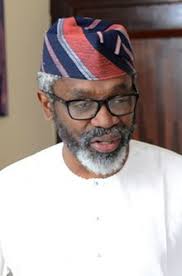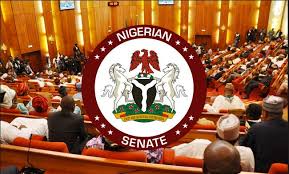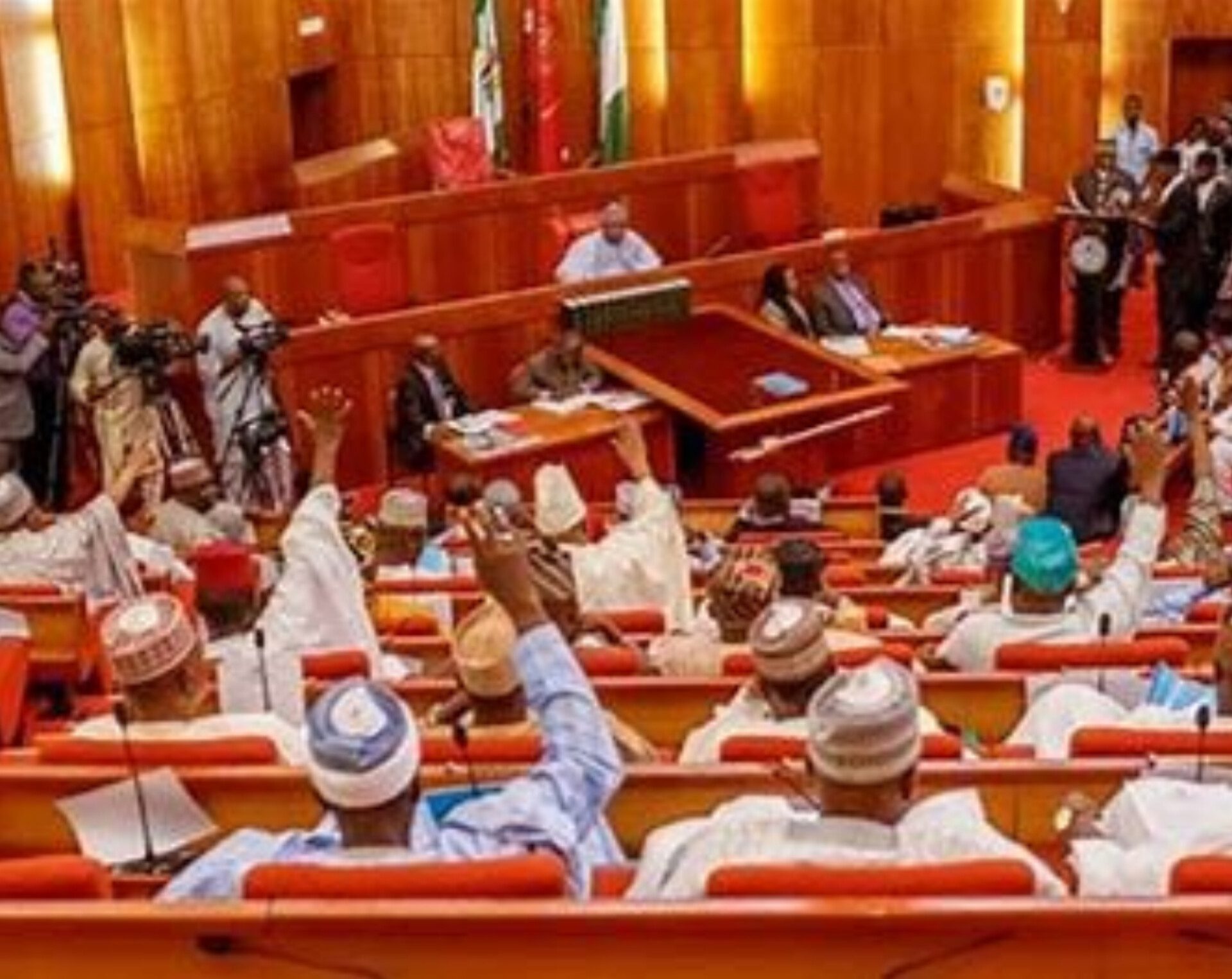The National Assembly Joint Committee on Finance has exonerated the Joint Admissions and Matriculation Board (JAMB) from any financial wrongdoing after initial concerns over its spending practices during the 2025 budget defense session.
Earlier in the week, JAMB’s Registrar, Professor Ishaq Oloyede, faced tough questions from the committee regarding reported expenditures, including N1.1 billion spent on meals and N850 million on fumigation.
These figures prompted allegations of financial excess, and the committee demanded further clarification from the board.
During the defense, Oloyede attempted to explain the costs but was directed by the committee to submit a comprehensive breakdown of JAMB’s 2024 and 2025 budget and expenditure.
Within two days, the committee released a statement clearing JAMB of any financial impropriety.
The chairman, Senator Sani Musa, explained that upon reviewing the documents provided by JAMB, the board’s financial management was found to be in order.
“The comprehensive report submitted by JAMB confirms that the mentioned expenditures were in line with standard operational needs and do not indicate any misuse of funds,” the statement read.
Senator Musa went on to commend Professor Oloyede for his transparency and prudent management of the board’s resources. “Professor Is-haq Oloyede has demonstrated exceptional financial discipline, ensuring the effective use of public funds. His leadership sets a commendable example for public institutions.”
This clear-cut exoneration not only vindicated JAMB but also highlighted the importance of sound financial governance within government agencies.
It marked a notable moment in the board’s history, as it continues to be recognized for its responsible management and contributions to the national revenue pool.
JAMB has made significant strides in recent years to improve its financial oversight and accountability, contributing millions to the Federation Account. This outcome solidifies its reputation as one of the few government bodies that operates with full transparency, setting a high bar for others in the public sector.
The dismissal of the financial impropriety claims served as a reminder of the importance of thorough financial audits and clear communication between government agencies and lawmakers to ensure the prudent use of public resources.




